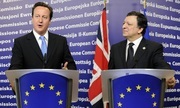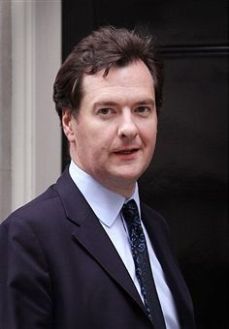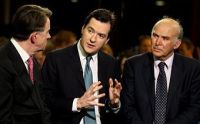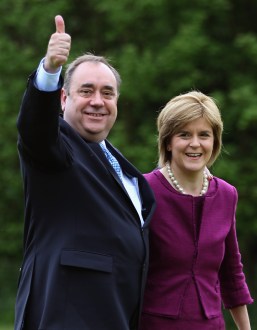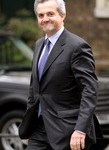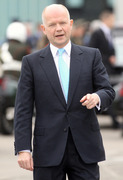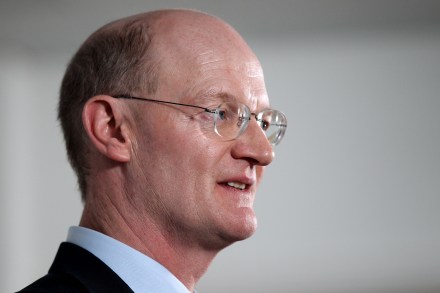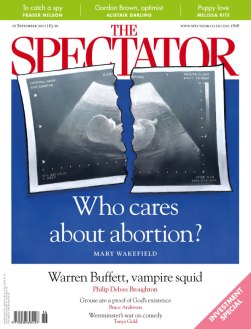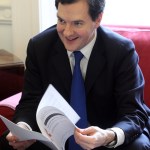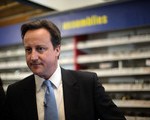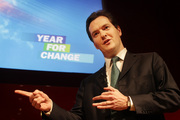Bumper turnout for Tory Euro-sceptic meeting
I hear that 124 Tory MPs attended the inaugural meeting of the Tory ginger group pushing for renegotiation of Britain’s relationship with Europe. Those present included at least one minister — Theresa Villiers, several PPS and a few whips who were keeping a beady eye on proceeding. George Eustice, the convener of the group, told the room that he wanted the group to work with the government rather than against it and that he wanted front-benchers to feel comfortable attending the meetings. The group intends to put out a series of proposals as to which powers should be repatriated before issuing a white paper on how the government should renegotiate
